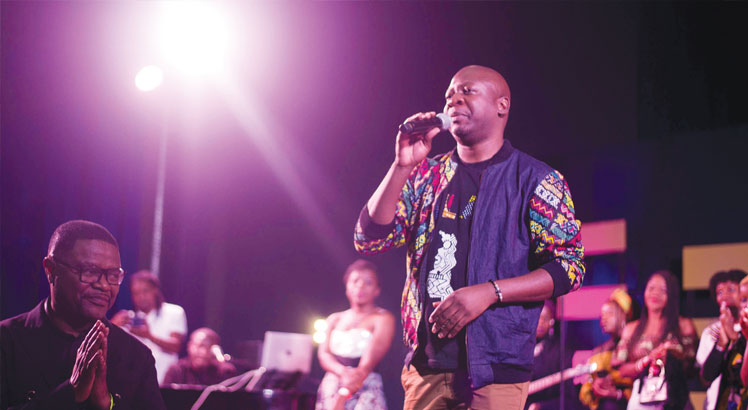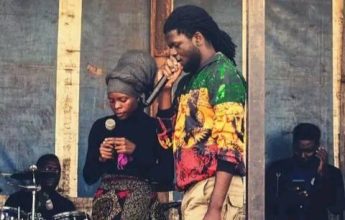Aycee joins the male club

challenge the continent
She is yet to cut an album. But with just two singles, AyCee James, with her political conscious compositions, has already stamped a mark in a male-dominated secular music. EPHRAIM NYONDO tells her story.
Malawi’s secular music continues to be notoriously defined by male artists.
For instance, out of 15 awards given during the 2011’s Malawi Music Awards organised by Diversity Leadership, none went to a secular female artist.
The only two female winners—Grace Chinga and Ethel Kamwendo-Banda are gospel artists.
Malawi music history, again, is replete with examples of the male dominance in secular music.
From the 1990’s, despite efforts from Zembani Band’s Emma Masauko—who is no longer active in music today, it was Ethel Kamwendo who symbolised the power of a female voice in secular music.
Her becoming a born again Christian left Wendy Harawa alone in the jungle of male artists.
Equally baffling is that these few female artists’ music doesn’t go beyond the theme of love.
Listen to Wendy Harawa. Love is a recurring theme that cuts across her albums.
In fact, even Harawa’s emerging contemporaries—Rina, Tigris, Kallista and Elly K—all propagate love.
No female secular artist has treaded on the path of social themes like Mawanga and Joseph Nkasa or critical political themes like Lucius Banda and Fredokiss.
Such thematic terrain arguably presents a double-edged sword for any emerging female secular artist out there vying to find space in an all-male dominated secular music industry.
AyCee James, however, appears to be baring her fangs to history and, with a ruthless streak and a stubborn will, is set to rewrite it with her urban touch.
Her two singles marks a complete departure from the country’s traditional urban music—one defined by partying, love, clubbing and celebrating culture.
“I am deeply connected to Africa, my Africa—mostly it’s social, economic and political pains. I think, as artists, we need to compose songs that challenge the continent to confront its pains,” says Aycee James.
The philosophy is prominent in her single My Africa produced by Bright ‘Excess’ Chiligo.
“It’s a prayer song. I am looking at the African continent as a mother. The song reflects problems Africa faces, both internally and externally,” she says.
The song begins by unraveling the tenacious deceit of Africa’s political leaders.
We’ve had so many leaders
Many have deceived us
We are still hurting inside
Father God please heal us
The artist even reveals the exploitative relationship between Africa and Western countries.
They say they’re investing but they’re infesting us
With the wicked wild west, but we don’t notice
She adds to ask God to let Africa’s children to unite and become one because ‘this is the only way Africa can move forward’.
We are her children are different, yes we are diverse
Can you feel her pain does she need die first?
Who will be the first to stand up among us and dive first?
Or are we willing fear to take over us and die of thirst?
The motif in My Africa appears to flip into China Love, her other single.
China Love appears a love song. But a deeper appreciation of the song reflects the deeper exploitative nature characterising Africa’s political and economic challenge with China.
AyCee says “We don’t need China love”, something which could be linked to China’s tenacious behaviour of flooding African markets with non-durable goods.
The song, arguably, comes as an extension of My Africa’s philosophy of calling for a stronger Africa against external forces that “say they’re investing but they’re infesting us.”
Born Atupele Mahata 20 years ago in Nkhotakota, AyCee learnt her first lesson of music from his father.
“Growing up, I told my father I wanted to be an international artist. He said to me that he had hardly heard of a Malawian artist who has ever achieved anything like that.
“From that day my aim was to make change. Of course, not everything we do will make change but, with time, it adds on to something much greater,” she says.
Nominated to perform at this year’s Urban Music Party (UMP), AyCee James—who has just returned from the United Kingdom—says her music carries a mission of renewing the African promise.
And that mission coming from a female voice in secular music is quite unprecedented.




